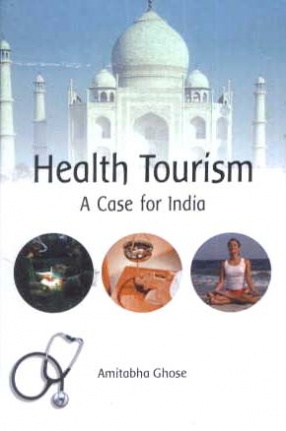India is aspiring to become one of the leading global health destinations in the world, where citizens of highly developed countries will get attracted to travel to India to receive a side variety of medical services. The primary reason that medical centers in India are able to provide healthcare services inexpensively is directly related to the nation’s economic status. Indeed, the prices charged in India for medical care generally correlate with that nation’s per capita gross domestic product, which is proxy for income levels.
Accordingly, the charges for healthcare services are appropriate for the level of economic development in which the services are provided. An important consideration in medical tourism is the potential impact on the residents of destination countries like India. It can lead India to emphasize technology-intensive tertiary care for foreigners at the expense of basic health care for their citizens. Moreover, it can exacerbate the brain drain from the public to the private sector. The examples of India suggest the distorting effects of this trend and raise questions of social equity in the distribution of scarce medical resources. The government of India ought to implement and enforce appropriate macroeconomic redistributive policies to ensure that the local residents actually realize the potential benefits of the medical tourism industry.
The book seeks to explore the growth and opportunities in the sector and presents certain policy measures and experiences.








There are no reviews yet.